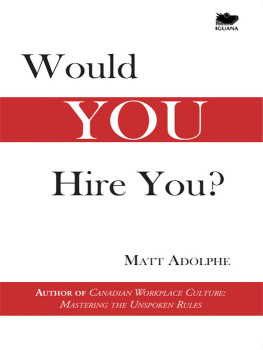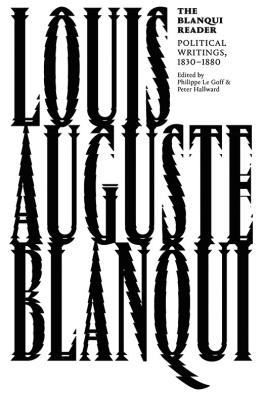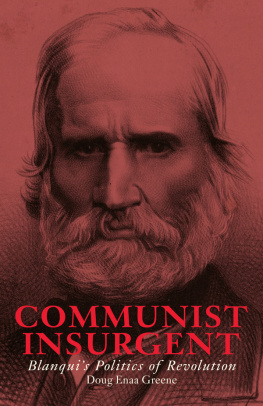Jerome-Adolphe Blanqui - History of Political Economy from Antiquity to Our Days
Here you can read online Jerome-Adolphe Blanqui - History of Political Economy from Antiquity to Our Days full text of the book (entire story) in english for free. Download pdf and epub, get meaning, cover and reviews about this ebook. year: 2000, publisher: Routledge, genre: Religion. Description of the work, (preface) as well as reviews are available. Best literature library LitArk.com created for fans of good reading and offers a wide selection of genres:
Romance novel
Science fiction
Adventure
Detective
Science
History
Home and family
Prose
Art
Politics
Computer
Non-fiction
Religion
Business
Children
Humor
Choose a favorite category and find really read worthwhile books. Enjoy immersion in the world of imagination, feel the emotions of the characters or learn something new for yourself, make an fascinating discovery.

- Book:History of Political Economy from Antiquity to Our Days
- Author:
- Publisher:Routledge
- Genre:
- Year:2000
- Rating:5 / 5
- Favourites:Add to favourites
- Your mark:
- 100
- 1
- 2
- 3
- 4
- 5
History of Political Economy from Antiquity to Our Days: summary, description and annotation
We offer to read an annotation, description, summary or preface (depends on what the author of the book "History of Political Economy from Antiquity to Our Days" wrote himself). If you haven't found the necessary information about the book — write in the comments, we will try to find it.
History of Political Economy from Antiquity to Our Days — read online for free the complete book (whole text) full work
Below is the text of the book, divided by pages. System saving the place of the last page read, allows you to conveniently read the book "History of Political Economy from Antiquity to Our Days" online for free, without having to search again every time where you left off. Put a bookmark, and you can go to the page where you finished reading at any time.
Font size:
Interval:
Bookmark:

ECONOMIC DOCTRINES
ECONOMIC DOCTRINES
FROM THE TIME OF THE PHYSIOCRATS
TO THE PRESENT DAY
PROFESSOR OF SOCIAL ECONOMICS IN THE
FACULTY OF LAW UNIVERSITY OF PARIS
PROFESSOR OF POLITICAL ECONOMY IN THE
FACULTY OF LAW IN THE UNIVERSITY OF
MONTPELLIER
AND AUGMENTED EDITION OF 1913
PROFESSOR WILLIAM SMART
R. RICHARDS B.A.
LECTURER IN THE UNIVERSITY COLLEGE OF
NORTH WALES
BOSTON NEW YORK CHICAGO
DALLAS ATLANTA LONDON SAN FRANCISCO
Spottiswoode, Ballantyne & Co. Ltd.
Colchester, London & Eton
Font size:
Interval:
Bookmark:
Similar books «History of Political Economy from Antiquity to Our Days»
Look at similar books to History of Political Economy from Antiquity to Our Days. We have selected literature similar in name and meaning in the hope of providing readers with more options to find new, interesting, not yet read works.
Discussion, reviews of the book History of Political Economy from Antiquity to Our Days and just readers' own opinions. Leave your comments, write what you think about the work, its meaning or the main characters. Specify what exactly you liked and what you didn't like, and why you think so.











